Reflections on living in lockdown: sustainability
Church Action on Poverty trustee Stef Benstead shares reflections on how the Coronavirus outbreak is affecting her life, as someone with disabilities who is used to being on a low income. In the fourth post of the series, she talks about sustainability.
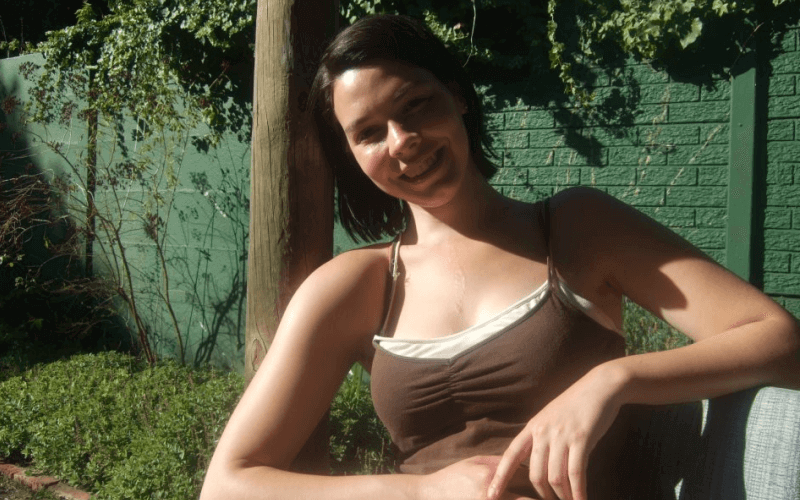
When I became ill, for several years I battled with simultaneous loss and overwork. The loss was every time I chose to care for my physical health by not doing something that I really wanted to do. The overwork was every time I chose to do something that I wanted to do, but wasn’t physically capable of doing. The challenge was balancing the loss with the overwork; balancing the pain of loss and social isolation with the pain of being your own slave-driver and torturer.
Consistently making yourself do something that is bad for you is very difficult and very bad for you. It’s like being your own slave-driver or torturer, and that’s worse than having an external slave driver. When I finally learned not to strive to do things beyond my body’s capability, my physical health stabilised and my mental health returned.
You never come out of overwork by continuing to overwork. That way lies physical collapse and deep despair.
Ultimately, what I learned was that you can go through grief in a way that you can’t go through overwork. You never come out of overwork by continuing to overwork. That way lies physical collapse and deep despair. You only come out of grief by experiencing it, mourning your loss as it happens. You come out of grief by grieving; you can only come out of overwork by stopping.
We are very good at justifying our activity. I told myself I couldn’t give up this or that or the other because so-and-so needed me. If I didn’t do it, it wouldn’t get done. Actually, what happened was either that more practical ways of doing something were found, or it turned out to be a whole lot less important than I thought. But I couldn’t see that in the midst of the activity; I had to stop doing it first.
The rest Jesus gives us is literal, physical rest and therefore also peace-of-mind rest: that he genuinely allows us to put down things that we, or others, think are essential, and to not be bothered or feel guilty or a failure about it.
I have spent a lot of time thinking about the Sabbath and Jesus’ phrase that we could come to him for rest. I have come to the conclusion that the rest Jesus gives us is literal, physical rest and therefore also peace-of-mind rest: that he genuinely allows us to put down things that we, or others, think are essential, and to not be bothered or feel guilty or a failure about it. And really, what else could he mean? He tells us to put down the world’s yoke: all the demands that the world places on us about what we should do and achieve. And he tells us to pick up his yoke: a yoke which he describes as easy; a yoke which sees listening to Jesus as better than feeding your household.
The point of the Sabbath is not to have a single day where we let go of the burdens and demands and standards of the world, but to bring that principle into every day of the week. Every single day, you can stop when you’ve done all you can handle. Every single day, you are not the creator, sustainer and redeemer of the universe. Every single day, you are just a frail, created being with limited powers.
I don’t know what that will look like for you. I wonder if, like me, it means doing less paid work and living on a smaller income, so that you have more time. Time to be with God. Time to be with family. Time to fit crises, whether your own or someone else’s, into your life. Time to live, love and serve.
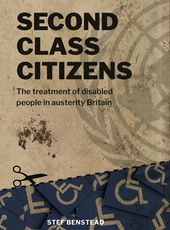 Stef Benstead’s book Second Class Citizens: The treatment of disabled people in austerity Britain is available from the Centre for Welfare Reform.
Stef Benstead’s book Second Class Citizens: The treatment of disabled people in austerity Britain is available from the Centre for Welfare Reform.

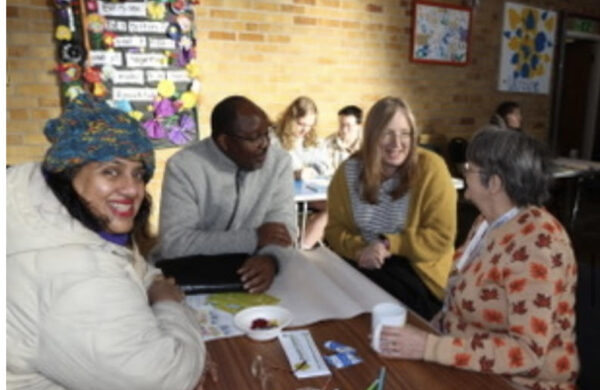
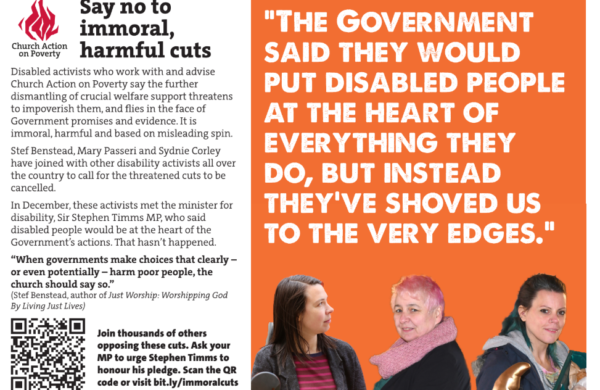
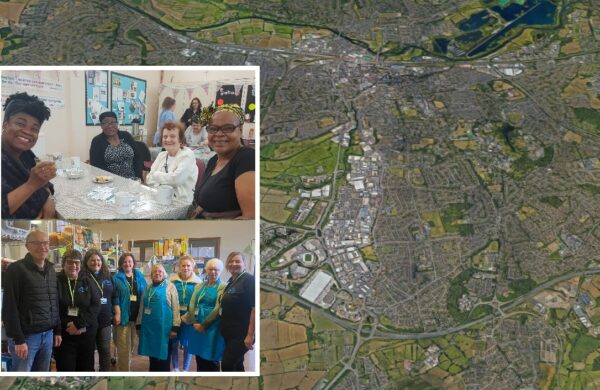
Comments (02)
Comments are closed.